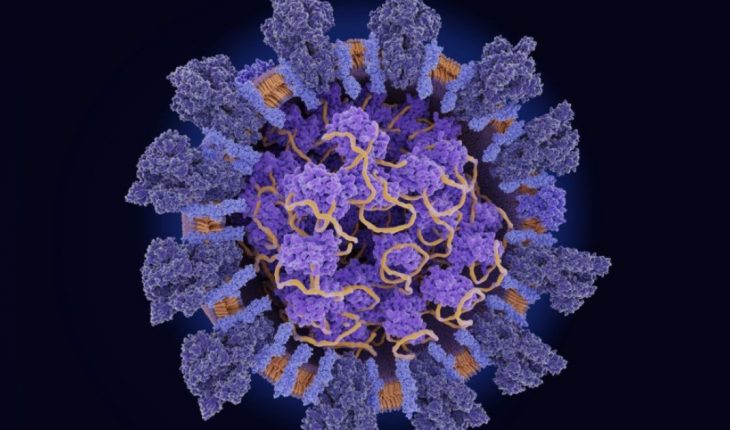As a second wave of coronavirus advances in Europe and just as vaccines begin to offer hope for a pandemic exit, a new strain of SARS-Cov-2 circulating through London and surrounding areas creates uncertainty and forces, on the one hand, the UK to tighten confinement measures; and, on the other hand, the rest of the world to limit flights to and from the island country. But how worried should we be? What does this mutation mean for vaccine development and the same disease?
A mutation in a virus sounds pretty scary, but mutating and changing is what viruses do all the time; and in most cases, these mutations have minimal or no effects. Talking about a mutation, or a change in the genetic material of the virus, doesn’t necessarily mean that something bad is going to happen or that it’s going to cause more serious symptoms.What about the PARTICULAR UK variant dating back to September 2020? According to English officials it could be up to 70% more communicable than the original, but it is not yet known and requires laboratory studies to confirm that it is effectively more contagious. As for vaccines, let’s remember that what vaccines do is activate the immune system to generate antibodies that attack the outside of the virus. That outer part is the protein S, or Spike, that the coronavirus uses to enter our cells. It has some more important parts than others, but a mutation does not involve major changes in that protein. That is, beyond a one-off change, the rest of the protein remains the same, so it won’t make new vaccines ineffective. In addition, the body learns to attack multiple parts of the beak. So while you have to be vigilant about how the situation is progressing, it takes more than a few mutations for the proteins of a virus to be altered enough to circumvent immune protection.





